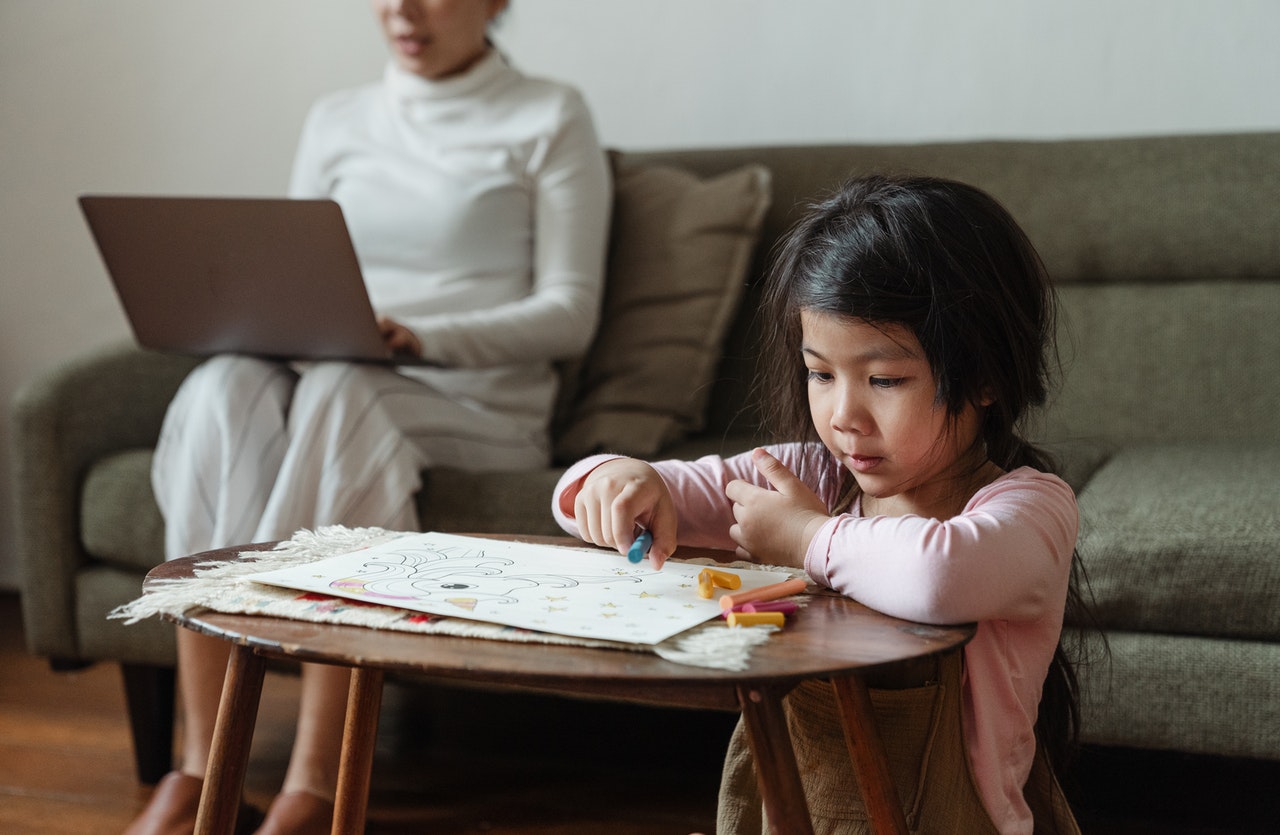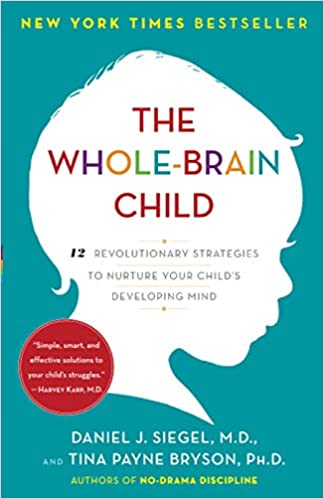 Parents today often look for teachable moments – and opportunities abound. When reading a book with a child, for example, it might mean discussing story plots with him. If she isn’t allowed to play a videogame, it means explaining why.
Parents today often look for teachable moments – and opportunities abound. When reading a book with a child, for example, it might mean discussing story plots with him. If she isn’t allowed to play a videogame, it means explaining why.
There’s good reason for this: Research has shown that engaged parenting helps children build cognitive and emotional skills.
Too much parental direction, however, can sometimes be counterproductive, according to a new study led by Jelena Obradović, an associate professor at Stanford Graduate School of Education, published March 11 in the Journal of Family Psychology.
In the study, the researchers observed parents’ behavior when kindergarten-age children were actively engaged in playing, cleaning up toys, learning a new game and discussing a problem. The children of parents who more often stepped in to provide instructions, corrections or suggestions or to ask questions – despite the children being appropriately on task – displayed more difficulty regulating their behavior and emotions at other times. These children also performed worse on tasks that measured delayed gratification and other executive functions, skills associated with impulse control and the ability to shift between competing demands for their attention.
Obradović and her co-authors found that the phenomenon occurs across the socioeconomic spectrum.
Obradović’s research, which introduces a far more granular measure of parental engagement than traditional methods, shines new light on how parents help and hinder their children’s development during the pivotal transition to elementary school.
It also comes as today’s parents, increasingly derided as “helicopter” and “snowplow” caregivers, are spending more time with their kids than their own mothers and fathers did – even before the COVID-19 pandemic turned many parents into primary playmates and homeschoolers.
A deeper dive into parent-child interactions
Finding the right balance when engaging with children is especially important around kindergarten, said Obradović, whose research examines how caregiving environments contribute to child health, learning and well-being over time. The onset of elementary school is an especially challenging time when kids are expected to manage their attention, emotions and behaviors without parents’ direct help.
“This is a really important shift, when parents have to learn to pull back,” she said.
For their research, Obradović and her co-authors – Michael Sulik, a research scientist at SPARK, and Anne Shaffer, an associate professor of psychology at the University of Georgia – brought together a diverse group of 102 children ages 4 to 6 and their primary caregivers in a Stanford lab.
For two and a half hours, the kids worked on a series of tasks that have been used by child development specialists for decades to measure self-regulation, as well as executive functions deemed either “cool” (when emotions don’t matter) or “hot” (when emotions are high). The children also participated with their parents in structured activities requiring different degrees of adult interaction.
Permission to take a break
For their analysis, Obradović and her collaborators created a measure of what they call “parental over-engagement.” They noted the moments when a child was working independently or leading an activity, and they calculated the ratio between times when parents intervened in ways that were meant to be helpful (not harsh or manipulative) and times when parents followed the child’s lead.
The researchers found a correlation between high levels of parent involvement when a child is focused on a task and children’s difficulties with self-regulation and other behaviors. This was most apparent for children’s “hot” executive functions.
When a child was passively engaged, the researchers didn’t find any link between parental over-engagement and children’s self-regulation. According to Obradović, this suggests that there is no harm in parents stepping in when children are not actively on task.
Obradović said the point of the study is not to criticize parents. “When we talk about parental over-engagement, we’re not saying it’s bad or obviously intrusive engagement,” she said. “There’s nothing wrong with suggesting ideas or giving tips to children.”
Excerpted from “Stanford-Led Study Highlights the Importance of Letting Kids Take the Lead” in Stanford News. Read the full article online.
Source: Stanford News | Stanford-Led Study Highlights the Importance of Letting Kids Take the Lead, https://news.stanford.edu/2021/03/11/study-reveals-impact-much-parental-involvement | © Stanford University. Retrieved July 28, 2021.
If you have concerns about your child, CHC Care Managers can arrange a free 30-minute consultation so you can explore options with an expert. We invite you to call or email our Care Managers at 650.688.3625 or careteam@stage.chconline.org to set up an initial Parent Consultation appointment. CHC teletherapy services are available now.





